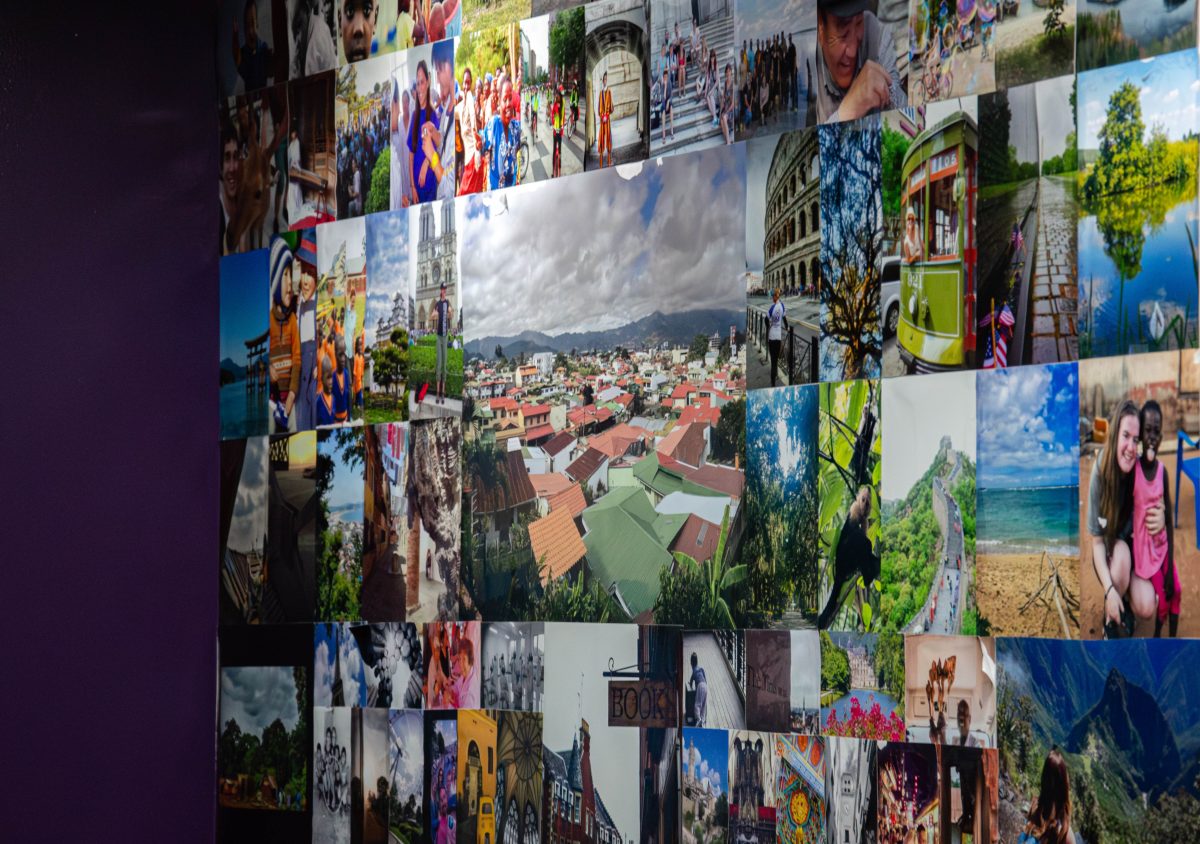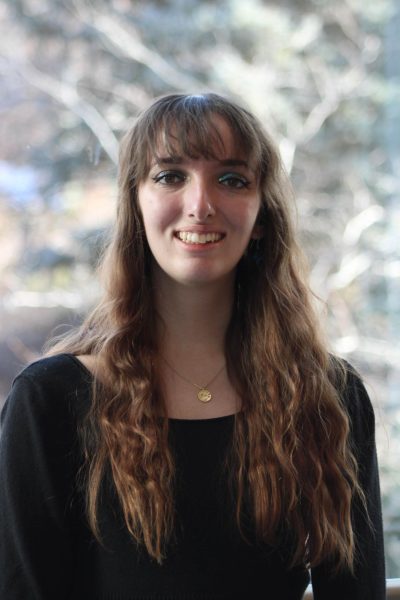Up to 15 Weber State University students will embark on a study abroad trip to Cuba this next summer. This trip, led by Assistant Professor Aaron Atkins, is aimed toward communication students, and will focus on mass communication in Cuba, as well as the culture.
One question may arise for students considering the trip: Is traveling to Cuba safe?
Due to the turmoil during the Cold War, travel to Cuba was prohibited for United States citizens in 1962. However, this has changed in recent years. According to the U.S. Department of State, travel to Cuba for tourism purposes is still unauthorized, but there are 12 authorized types of trips that are allowed. One of them is educational activities, under which this trip falls.
Eric Hunter, director of WSU’s Study Abroad office, is working with Atkins to ensure that students will have a safe, once-in-a-lifetime experience.
Hunter acknowledged there is a fear of traveling to countries previously closed to tourism. He said people might worry about lodging, transportation and safety.
“It’s important to note that we never go anywhere unsafe,” Hunter said.
To prepare for the trip, Atkins identified the locations of the U.S. embassies in Cuba, and will provide contact information to these embassies to all students on the trip.
Atkins also encourages students to enroll in the Smart Traveler Enrollment Program.
STEP, run by the U.S. Department of State, provides critical information and updates about the country in which the traveler enrolls, helping alert them of any potential threats they might be otherwise unaware of.
Once students sign up for the trip, they will attend a few safety meetings. First, Hunter will hold a meeting about general safety for all study abroad students.
“Basically, we just talk about the do’s and don’ts when traveling abroad,” Hunter said. “I think of it as common sense knowledge, but for somebody who hasn’t gone outside of the United States, it might not be.”
Then, there is a smaller meeting with trip leaders and their students to discuss safety concerns specific to their country.
Hunter said for the Cuba trip specifically, they will be talking about what students can and cannot say while on the trip.
“We go over safety protocols, we go over legal elements, we go over cultural norms, we go over acceptable practices,” Atkins said. “We go over things like situational awareness in any given situation.”
One thing they will specifically be going over is avoiding petty crime. The Department of State currently lists Cuba as a Level 2 travel advisory, citing petty crime as a primary reason. However, Atkins pointed out that countries like France, Germany and the U.K. are also listed as a Level 2 travel advisory.
“There’s always going to be a risk going anywhere,” Atkins said.
Media in Cuba has been traditionally state-run. While on the trip, students will get the opportunity to have lectures and discussions with some journalists to get their perspective.
Another concern students might have for the trip is the cost.
Hunter expressed that there are scholarships available through the study abroad office, and not many students take advantage of them.
This trip will run May 3-15, 2024. Applications are open now on the Study Abroad department’s website. Due to the limited number of spots on the trip, priority will be given to communication students, but any student is welcome to apply.















